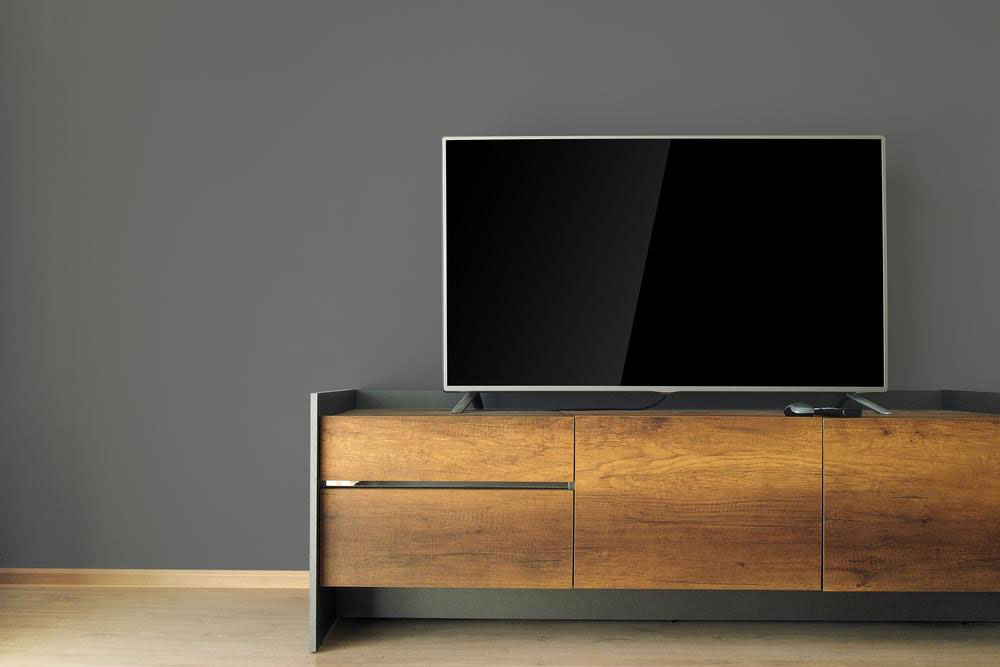Essential Guide to Modern Smartphones in Today’s Digital World
This comprehensive guide explores how to choose the perfect smartphone tailored to your needs and budget. It highlights popular operating systems, essential features, and factors to consider for a smart purchase. Whether upgrading or buying for the first time, this article helps you navigate the modern smartphone market efficiently.

Essential Guide to Modern Smartphones in Today’s Digital World
In our technology-driven era, smartphones are an integral part of daily life for people of all ages. Children easily navigate their devices, familiar with numerous features, while the market offers a wide array of brands and models with ever-evolving capabilities. From basic communication to advanced photography and internet browsing, smartphones handle almost every task in the palm of your hand. If a specific app isn't pre-installed, simply download it from your device's app store. Today, smartphones are ubiquitous, surpassing traditional cell phones.
Choosing the right smartphone is now simpler than ever. By identifying your preferred features and budget, you can find a device that suits your needs perfectly. Here's a helpful guide to selecting your ideal smartphone.
Choosing Your Operating System
You primarily have three options:
iOS
Known for its security, user-friendliness, and premium design, Apple's iOS is a top choice for many. If you seek high-quality builds and smooth performance, consider an iPhone, especially if your budget allows.
Android
The most widely used OS globally, Android offers versatility and affordability. Its seamless integration with Google services and extensive customization options make it popular among budget-conscious buyers. Android phones come in various price ranges and features.
Windows
Less common but effective, Windows phones excel in integration with Microsoft Office and enterprise tools. They are ideal for business professionals who prefer Microsoft ecosystem and interface familiarity. Testing devices in-store can help determine comfort with its interface before purchase.
Set Your Budget
Smartphones range from premium models by Apple and Samsung to more affordable options from brands like Motorola, HTC, and LG. Your budget influences your choices, and carrier subsidies can make high-end devices more accessible, making your investment worthwhile based on your usage needs.
Compare With Your Current Device
Decide based on your existing device. Android users familiar with the platform might prefer upgrading within the same OS, while iPhone users often stick with the brand. Business users relying on Microsoft Office applications may find Windows phones more compatible.
Identify Features That Match Your Needs
Different operating systems offer specific features. Basic functions like email, maps, and browsing are standard across all devices. Features to consider include camera quality, storage capacity, and RAM.
iPhone
Exclusive features such as FaceID, iMessage, iCloud, and Siri make iPhones stand out for security and convenience.
Android
Highly customizable, Android devices support third-party apps, fingerprint authentication, cloud storage, and Google Drive integration.
Windows
Windows phones feature Cortana voice assistant and Live Tiles customization, with seamless access to productivity apps like Office Suite.
With various models available, selecting the right smartphone depends on your priorities like camera quality, storage, and budget. Smartphones are deeply embedded in our routines; using them wisely enhances productivity and connectivity. All platforms—Android, iOS, and Windows—offer a plethora of apps designed to facilitate daily life.










